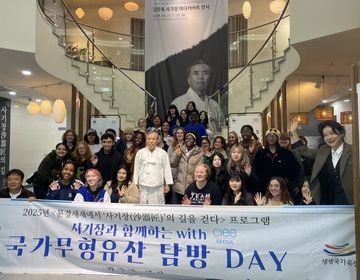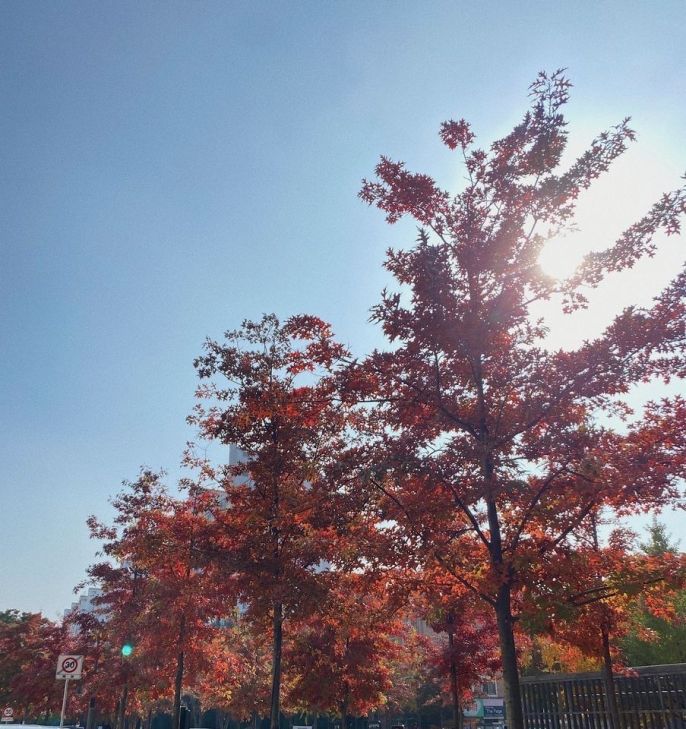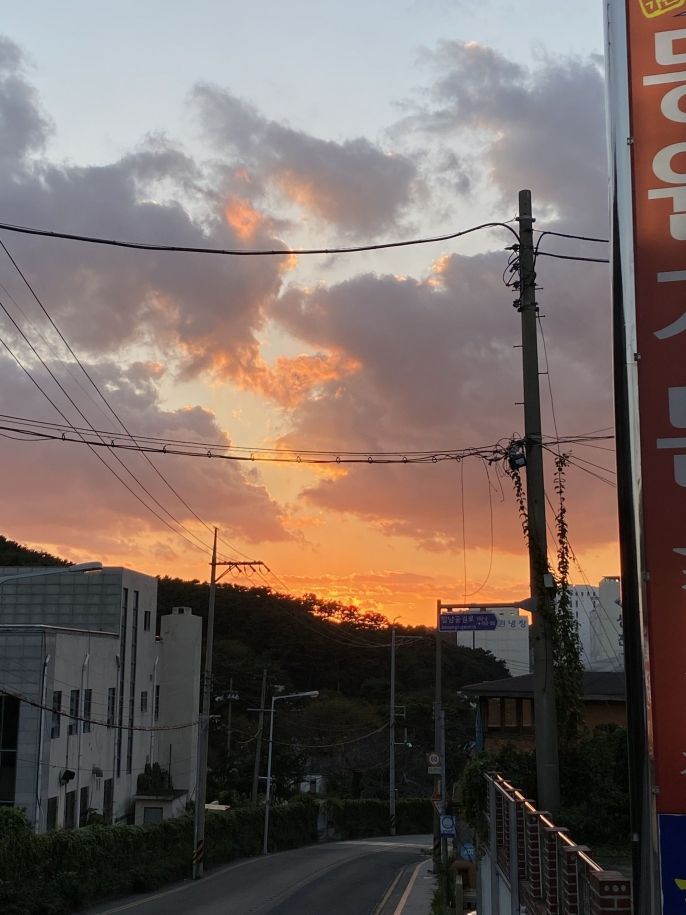The Hidden Power of Nunchi (눈치)
Nunchi encompasses up a fundamental aspect of Korean culture. For those unaware of what nunchi is, Euny Hong sums it up as “the art of understanding what people are thinking and feeling.” Nunchi is about being “plugged into your environment” and having situational awareness. It goes beyond politeness or kindness and ventures into one’s ability to not only read a room but to understand others’ body language and what they are thinking. Hong explains that “the word nunchi itself roughly translates to eye-measure, a sort of sizing-up." This includes the ability to make “useful assessments about the nature of relationships and hierarchies within a group and the overall mood."
An example of nunchi is the following: say you are going on a trip to visit your friend and meet their new friends. After a long train ride, you carry your large bag that you packed to meet them. Once you greet your friend one of their friends, that you have never met, grabs your heavy bag from you and starts to carry it for you. Keep in mind that this is done without saying “I can hold your bag for you” or “let me get that for you”. You did not have to say anything as this person was simply able to recognize that you have been on a long journey, are probably tired, and have been holding a heavy bag the whole way. Grabbing your bag for you is moreover a kind, welcoming gesture since you have not met any of your friend’s friends yet.
Though nunchi is prevalant in other cultures as well, for Koreans nunchi is especially integral in relationships. Since Korean culture places a great deal of importance on hierarchy, respect, and honorific language, being able to read a situation and act accordingly is crucial to being considered emotionally intelligent. Nunchi is one of the more fascinating, hidden aspects of Korean culture that in order to understand and recognize, you must first have. Many people have nunchi to a certain degree, but in Korea, children cultivate it at a young age. It is a key reason why Korea is such a clean, relatively safe, highly developed country. Nunchi encourages individuals to be good citizens and think for the group first. It embraces the idea of making others feel as comfortable as possible, in a sense, to keep “harmony” within a group. This means feeling discomfort so that others can feel at ease.
In Korean society, being highly sensitive towards others and situations is admired and sought after. This is due to the fact that Korea falls into the category of an indirect culture. Compared to a direct culture like America's where you cut to the point and say what you mean, in Korean culture a lot is simply left unsaid. This makes nunchi all the more necessary to be able to read in between the lines. You may not hear overt statements of how one feels, but you will see a grandchild holding their grandma's bag for them, or a mother giving her son the best pieces of meat from her soup for him to eat. These are the nonverbal cues that hold the same meaning as "I love and care about you". This collective, hidden social skill is a significant difference between western and confucian culture that I encourage you to observe in different interactions.
Related Posts

Soul Searching in Seoul: Everything I Learned and What I Wish I Knew
Before I start crafting my “study abroad changed me” answers for friends and family, here are the practical things I wish I’d known. The things that would’ve saved me time... keep reading

A Seoul Escape to Bukhansan
Get out of the hustle and bustle of Seoul and head to the peak of Bukhansan!

My Time in South Korea Attending Yonsei University: A Life-Changing Chapter
By: Zahrraa Al-Salman Studying abroad had always been a dream of mine—an opportunity to step outside of my comfort zone, immerse myself in a new culture, and deepen my understanding... keep reading



